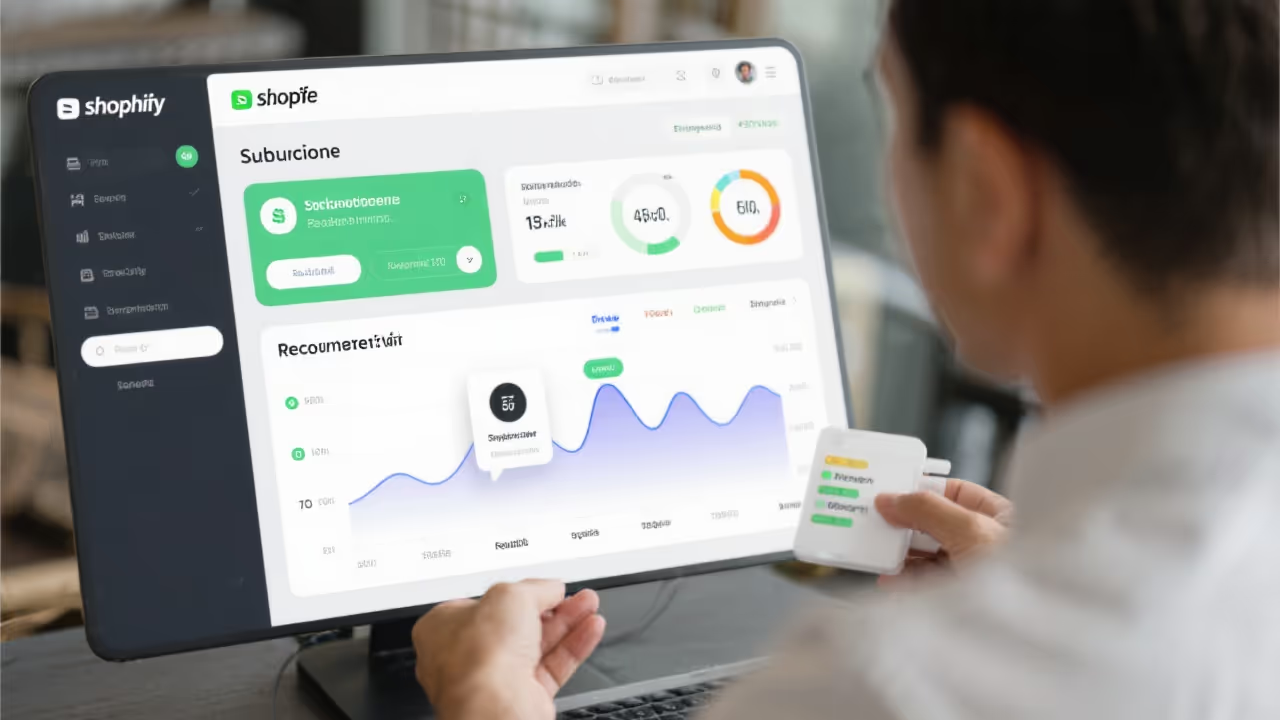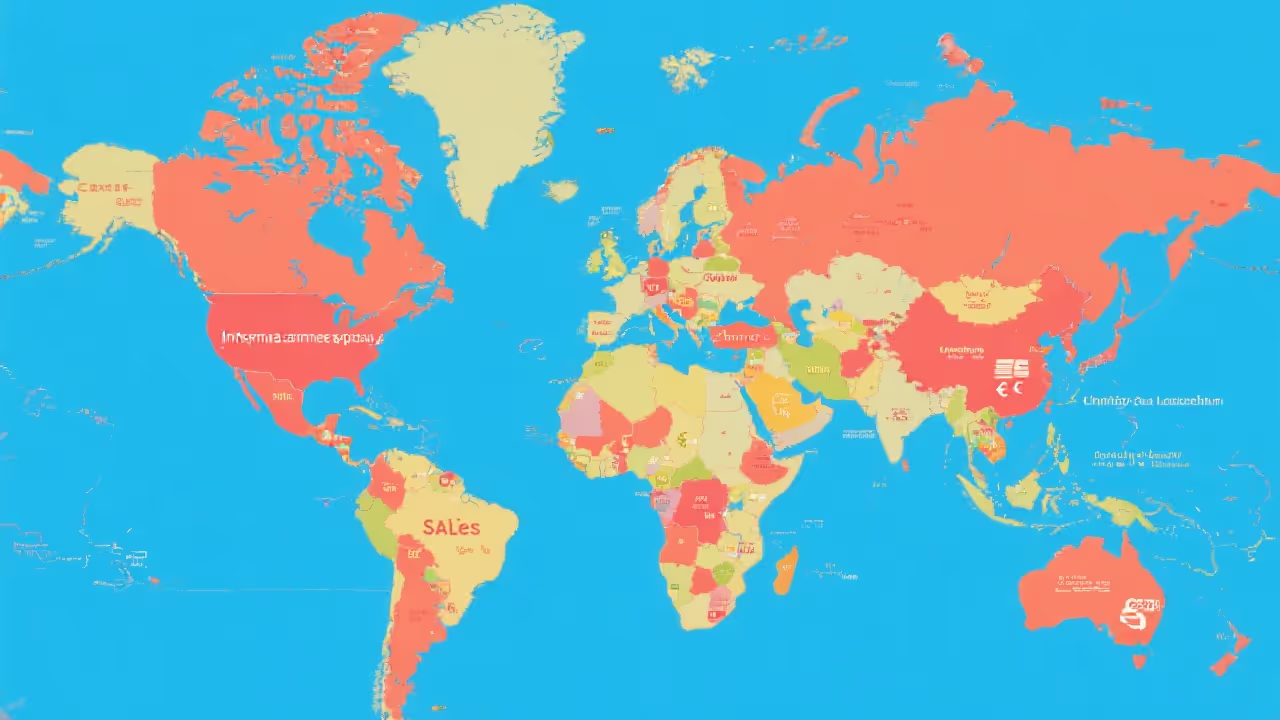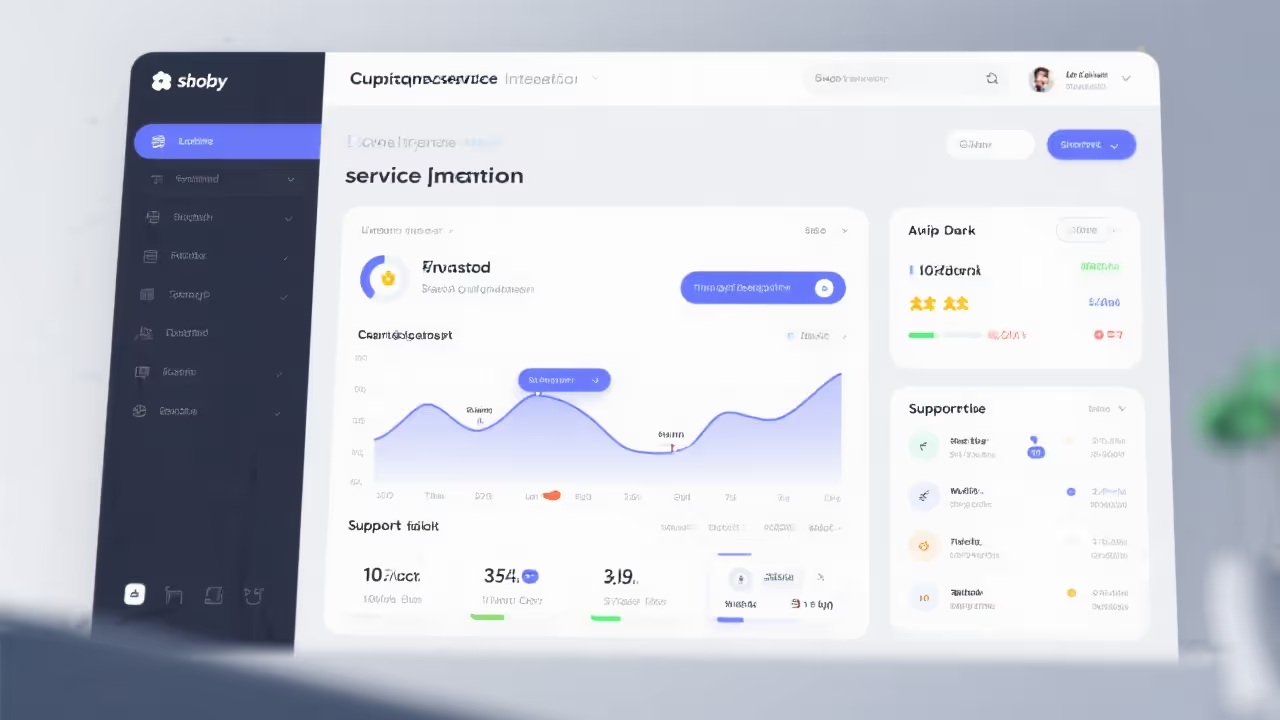
Your Shopify store is crushing it domestically, but you’re leaving millions on the table by ignoring international markets. With cross-border ecommerce growing 25% annually and Shopify Markets making expansion easier than ever, there’s never been a better time to go global. We’ve helped 50+ brands expand internationally, generating $100M+ in cross-border sales. Here’s your blueprint for global domination.
The International Opportunity: The numbers are staggering: Global ecommerce: $6.3 trillion by 2024, Cross-border purchases: 57% of online shoppers, Average order values: 17% higher internationally, Market saturation: Lower competition in emerging markets, Growth rates: 2-3x domestic in many categories. Yet only 25% of Shopify stores sell internationally. That’s your opportunity.
Shopify Markets: Your Global Gateway: Shopify Markets transforms international selling from nightmare to dream. Single store, multiple experiences: Automatic currency conversion with live rates, Localized languages without duplicate stores, Regional pricing strategies, Country-specific payment methods, Duties and import fees calculated at checkout, Localized shipping options and rates. One client expanded to 15 countries in 6 months using Markets, adding $2M in revenue.
Currency Strategy That Converts: Showing prices in local currency increases conversions by 40%. But there’s more to it: Round prices appropriately (¥1,000 not ¥1,037.43), Adjust for purchasing power parity, Include all fees upfront (no surprises), Update rates frequently but not constantly, Consider psychological pricing by culture. European expansion tip: Always include VAT in displayed prices. Surprising customers at checkout kills conversions.
Language Localization Beyond Translation: Google Translate won’t cut it. Professional localization includes: Cultural adaptation of product descriptions, Regional spelling variations (color vs colour), Local idioms and expressions, SEO keywords for each market, Date, time, and measurement formats, Adapted marketing messages. Poor translation can destroy brand credibility. Invest in native speakers for key markets.
Payment Methods Make or Break: Credit cards aren’t universal. Regional preferences: Europe: SEPA, iDEAL, Klarna, Asia: Alipay, WeChat Pay, Konbini, Latin America: Boleto, OXXO, MercadoPago, Middle East: Cash on delivery still dominates. Missing local payment methods can reduce conversions by 70%. Shopify Payments supports most, but research each market.
Shipping and Fulfillment Strategy: International shipping complexities kill many expansions. Solutions: Start with Shopify Fulfillment Network for simplicity, Use regional 3PLs for major markets, Offer duties-paid (DDP) shipping always, Set clear delivery expectations by country, Consider free shipping thresholds by market, Build returns into your pricing. Pro tip: Partner with local carriers for last-mile delivery. International carriers often struggle with final delivery.
Tax and Compliance Navigation: Every country has unique requirements: EU: VAT registration thresholds and GDPR, UK: Separate VAT post-Brexit, Australia: GST on all imports, Canada: Provincial tax variations, Japan: Consumption tax complexities. Shopify Markets handles basic compliance, but research each market. Non-compliance penalties can reach millions.
Pricing Strategy by Market: One price doesn’t fit all: Adjust for local purchasing power, Factor in all taxes and duties, Consider competitive landscapes, Account for currency fluctuation, Build in higher return rates, Price psychologically by culture. Example: A $100 US product might be €95 in Germany but ₹6,999 in India - same margin, different approach.
Marketing Across Borders: What works in the US fails elsewhere: Social platforms vary (WeChat, Line, VK), SEO requires local domain strategy, Influencer marketing has regional stars, Email regulations differ dramatically, Shopping behaviors vary by culture, Holiday calendars are regional. Create market-specific campaigns. One-size-fits-all marketing wastes money.
Customer Service Globalization: Support expectations vary globally: Response time expectations (Japan: hours, US: days), Channel preferences (WhatsApp in Brazil, email in Germany), Language requirements (native speakers crucial), Return policies (EU: 14 days mandatory), Service hours (follow the sun support). Poor support kills international retention. Plan accordingly.
Testing Market Viability: Don’t expand everywhere at once: Start with English-speaking markets (UK, Australia), Test with targeted ads before full launch, Use Shopify Markets to soft-launch, Monitor organic international traffic, Survey existing international customers, Start with 2-3 markets maximum. Gradual expansion reduces risk and improves success rates.
Common Pitfalls to Avoid: Learn from others’ mistakes: Assuming domestic success translates directly, Ignoring cultural shopping differences, Underestimating operational complexity, Forgetting about returns logistics, Missing seasonal differences (reversed hemispheres), Neglecting local competition research. Each market is unique. Treat it as such.
ROI and Metrics: International expansion metrics differ: Higher CAC but also higher AOV, Longer payback periods initially, Different LTV by market, Currency fluctuation impact, Return rates by country. Expect 6-12 months to profitability per market. Plan cash flow accordingly.
Your Global Expansion Roadmap: Month 1: Enable Shopify Markets and research targets, Month 2: Localize for first market, Month 3: Soft launch with limited products, Month 4: Full launch and optimization, Month 5: Add second market, Month 6: Evaluate and expand. The world is waiting for your products. Shopify Markets makes expansion easier than ever. Start with one market, perfect your process, then scale. International sales could double your business in 24 months. The only question is: which country will you conquer first?


